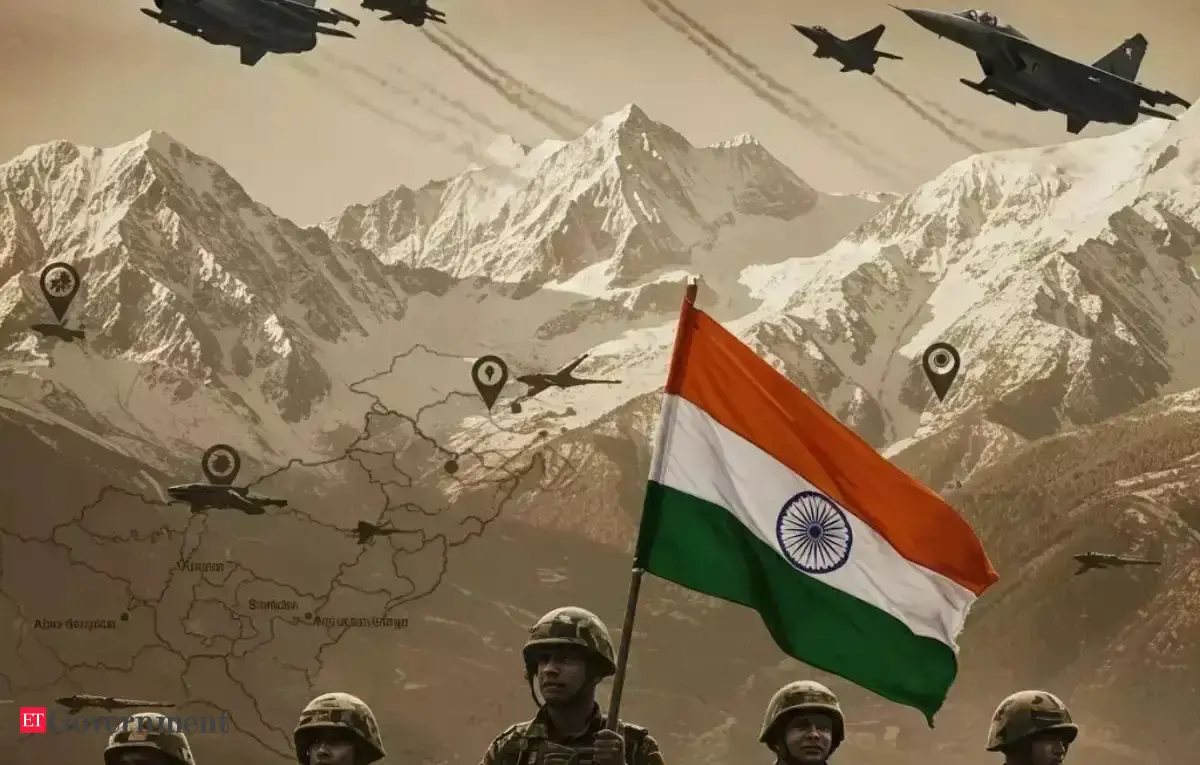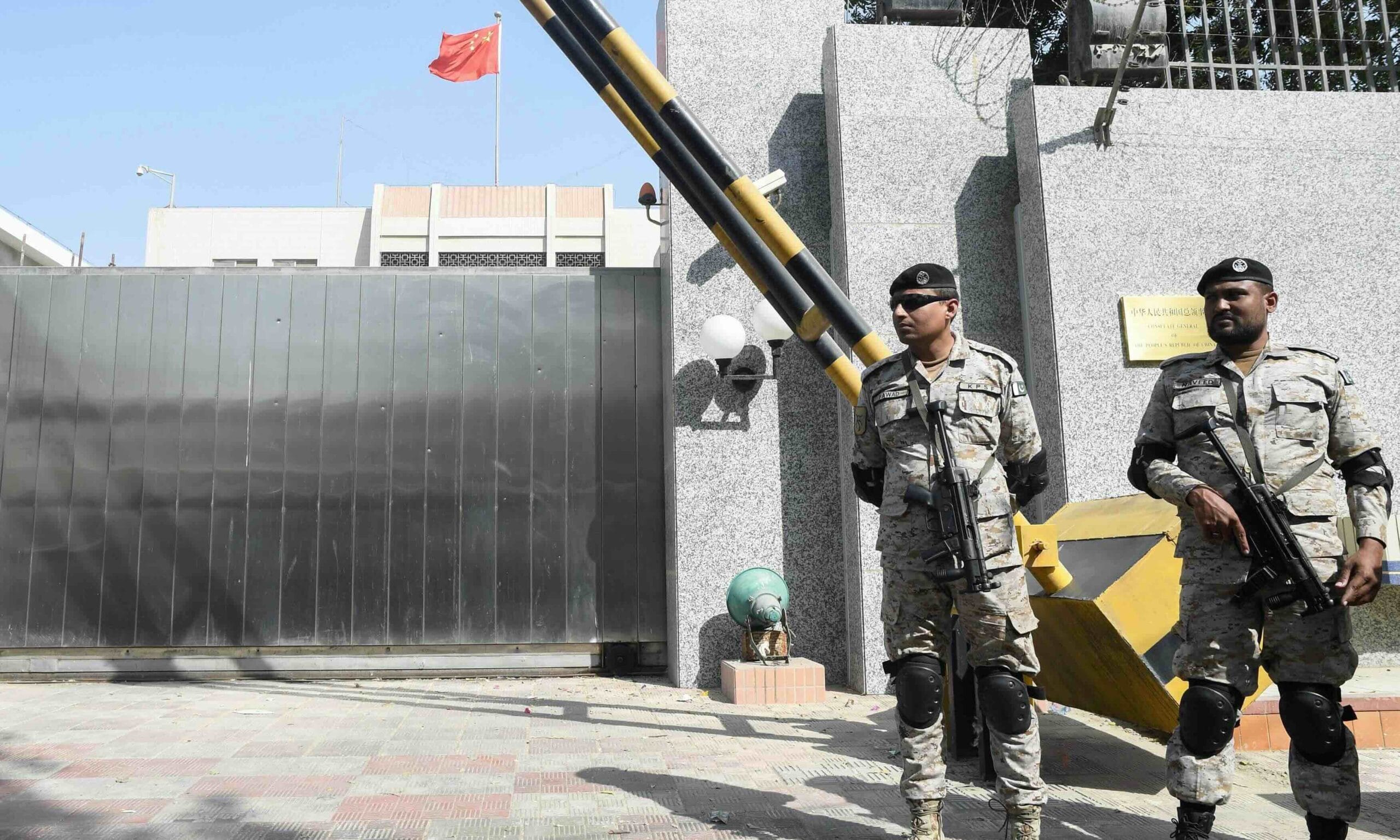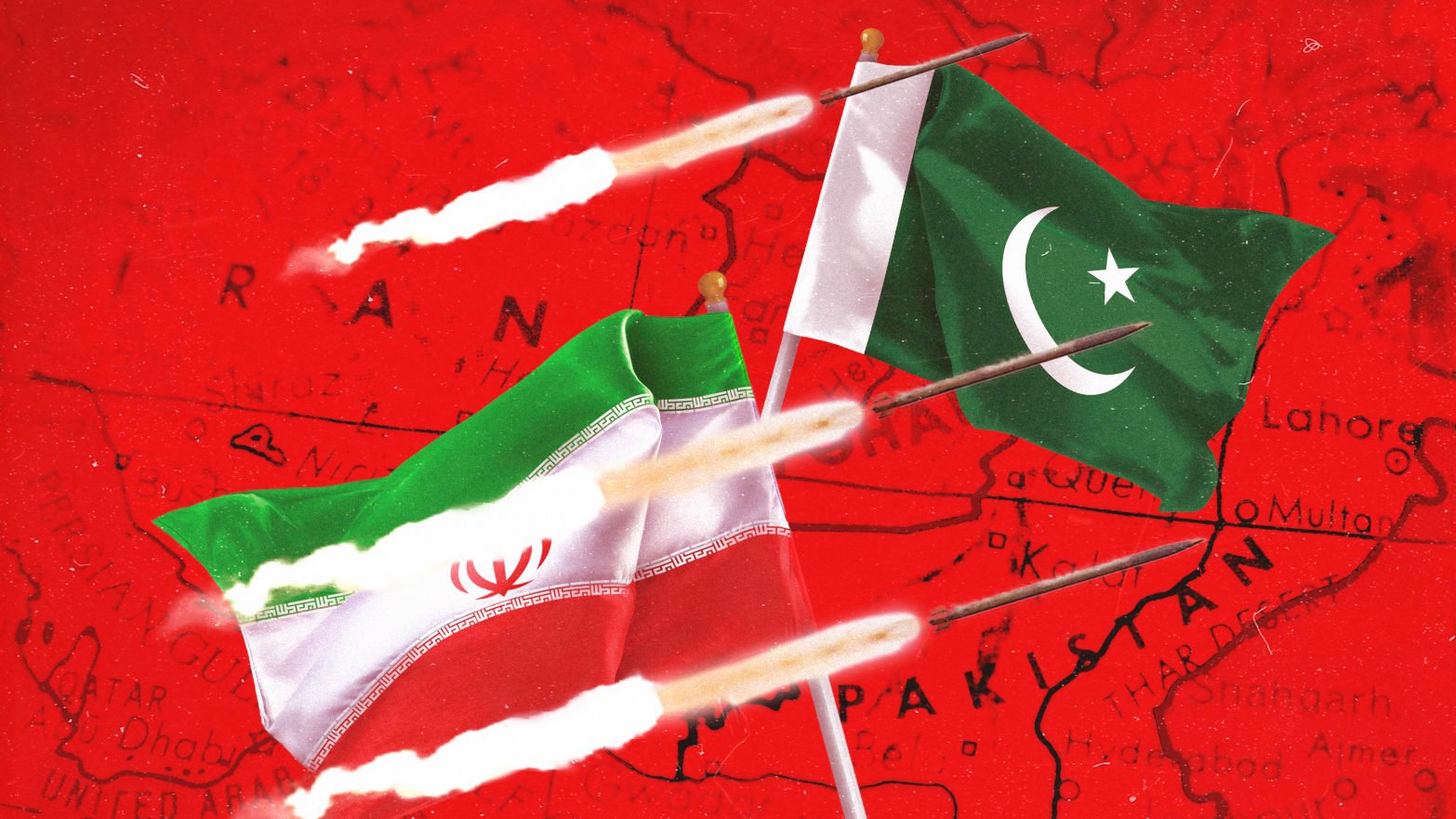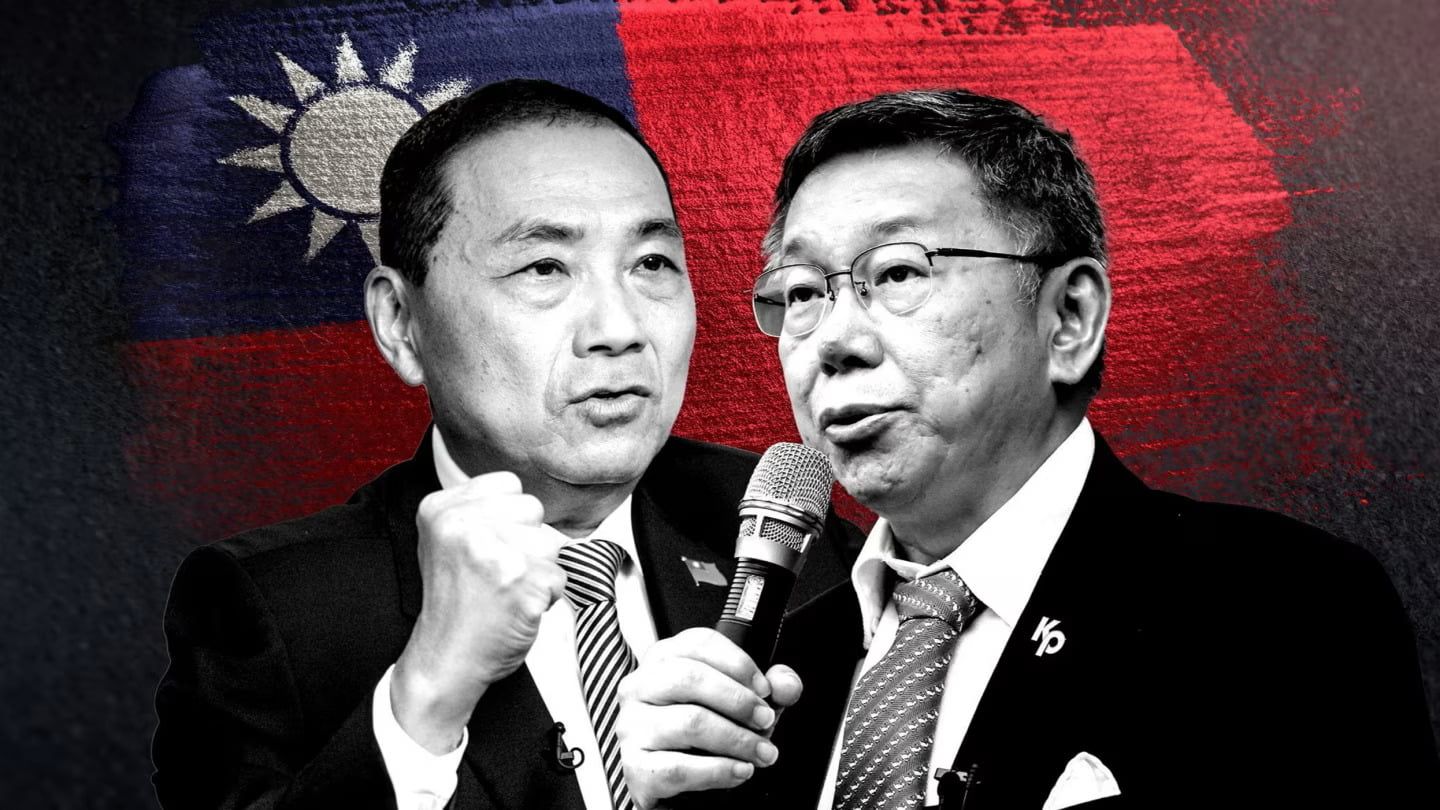Pahalgam terror incident of April 2025, an attack targeting civilians in Jammu and Kashmir has provoked not only diplomatic ripples but also a strategic recalibration of how Pakistan is perceived by its principal allies and benefactors. As attribution patterns increasingly implicate Pakistan-based non-state actors, questions arise about the resilience of two critical pillars of Islamabad’s external orientation: China’s economic investments via the CPoKEC, and Pakistan’s long-standing religious-political solidarity with the Muslim world.
Author: Kondaraju Sandeep Royal
India’s post-Pahalgam Doctrine in the Shadow of Institutional Deficit
April 2025 attack in Pahalgam, which resulted in the loss of civil-security personnel, did not provoke an immediate retaliatory strike from India. This deviation from past patterns, such as the Balakot airstrike of 2019, has puzzled many analysts. While public expectations leaned towards a swift kinetic response, India maintained a calibrated silence. This restraint does not imply strategic inertia but suggests an evolving doctrine shaped by regional complexities, global alignments, and domestic political calculus. India’s hesitance is not a retreat but a reflection of the growing understanding that militarised responses do not resolve established patterns of cross-border insurgency.
Indo-China Border: A Perspective on Six-Point Consensus
The 23rd round of discussions between India and China’s special representatives on the boundary issue marks an important milestone in their bilateral relationship, particularly after a prolonged gap of five years. The agreement reached in Beijing, comprising six key points, reflects both progress and the complexities that existed in the India-China border dispute. While this consensus signals both parties desire for stabilising relations, it also highlights the deep seated security challenges that continue to shape the interactions.
China’s Mercenaries in Pakistan: Economic Promises vs. Sovereignty Costs
China’s growing involvement in Pakistan’s security, especially with the China-Pakistan Economic Corridor (CPEC), represents a significant strategic shift that deserves a closer look. This shift occurs as Islamabad grapples with internal unrest, particularly in Balochistan, while Beijing focuses on safeguarding its economic interests. As regional stability and sovereignty issues become increasingly crucial, understanding this evolving dynamic is essential for academics and policymakers. CPEC, launched as a key component of China’s Belt and Road Initiative (BRI), is valued at roughly $62 billion (Caskey, 2024).
Imran Khan vs. Establishment: Pakistan’s Youth and Political Turning Point
Pakistan’s recent election results marked a potential turning point in its political history, with Imran Khan’s Pakistan Tehreek-e-Insaf (PTI) party emerging as the front-runner, challenging the military-backed establishment. This research piece will analyse this phenomenon through power dynamics, social change and the complexities of navigating a nascent democracy.
Silent Adjudicators Amidst the Iran-Pakistan Cross-Border Strikes
States are the primary actors in international relations, driven by self-interest and the pursuit of power. In this context, the Iran-Pakistan conflict can be understood as a struggle for influence and security along their shared border. The volatile region of Baluchistan province is being heightened by the recent airstrikes between Iran and Pakistan, posing concerns about potential escalation of tensions. The ongoing conflict is influenced by power dynamics and national interests, while China’s GSI is playing a stability role.
2024 Taiwanese Election: DPP’s Mandate and China’s Sovereignty Dilemma
In the 2024 Taiwan elections, where the Democratic Progressive Party (DPP) secured another victory with Vice President William Lai Ching-Te assuming the presidency, Beijing faces the challenge of navigating its relations with Taipei. It is imperative to analyse how Beijing can portray its dominant presence as a way forward in the Taiwan Strait and turn the scenario in its balance by considering voting patterns, factors influencing the election, and the international perspective involving Beijing, Taipei, and Washington, D.C.






